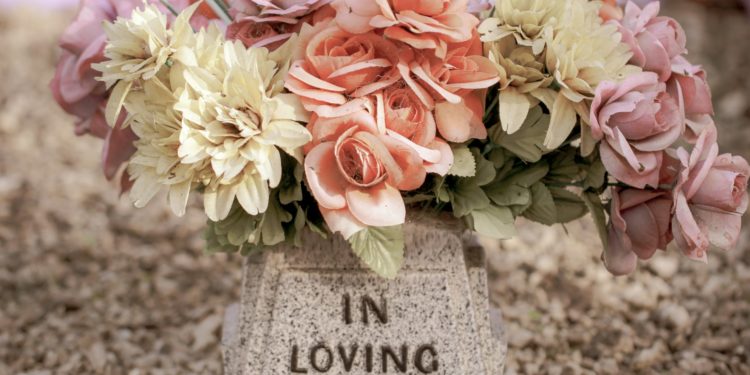The grief over losing a loved one can be all consuming but it’s important to remember that you need to keep self-care a priority.
Though it can be hard when you’re preoccupied with other thoughts, and it might even feel selfish, it’s essential to maintain a routine that keeps your physical and mental health cared for.
These otherwise everyday routines can be lost during the intensely challenging experience of a loss, but it’s beneficial to make sure you continue to do the “normal” things.
This article will explain why this is the case as well as offer some tips on navigating through both self-care and grief, helping you to incorporate the act of self-care through a difficult time.
The First Steps
During the first steps of the grieving process, it’s normal for self-care habits to disappear for a few days.
First, there will be the event of the loss or hearing the news itself. This may result in shock, especially if unexpected, though even an expected death due to old age, illness or both can still feel shocking.
It could take days, weeks, months or even longer before you truly accept the loss has happened. But there will be a form of accepting the truth at the very least.
Denial is the first stage of grief, and acceptance is the last. With anger, bargaining and depression in between – some versions have 5 stages of grief whilst others have 7, adding shock before denial (which completely makes sense as previously mentioned), and testing before acceptance.
But just because acceptance is the last, it does not mean that you accept, make peace with or just finally “get over” the death. For a loved one who is incredibly close, such as a partner, parent, or even a child, grief will always exist in a way.
“Acceptance” can mean that you have adjusted to the new way of life, it does not mean the grief has ended.
You may worry and feel guilty in moments when you feel happy or “normal” but remember, these things are not mutually exclusive. You laugh and grieve at the same time, perhaps about a fond memory of something the person you lost did once, or a habit they used to do. Similarly, grieving and self-care can both be done at the same time.
Testing as a stage of grief can refer to moments like these, where you test yourself if you can bear to talk about the person you have lost or think about fond memories. It can also refer to carrying on with routine things, this includes self-care.
Remember that the person you lost is always carried with you through memories and moments like this, and it’s a good thing. They would most likely want you to carry on and do good things for yourself, so never feel wrong for treating yourself or any act of self-care.
Grief
The act of simple routine things and self-care can help to distract you somewhat from your grief.
Shock may also put off your initial grief at first, as will the administrative realities that come with a death.
Tasks such as dealing with the funeral plan, for example can have you feeling either emotionally distressed or distracted, numb and going through the motions of planning the funeral and other aspects that need to be taken care of after a person dies.
It may take some time for these things to be done, and it may take a while after the funeral for the grieving process to even properly start. Everyone is different, and may grieve at different times, in different ways.
Self-Care and Why it Matters
Keeping up with your self-care practices (and maybe even adopting a few new self-care habits) can help in many ways. This includes your emotional and mental health as it can help to regulate your emotions and in turn lead to a reduction in stress and anxiety.
Activities such as writing thoughts and feelings down, speaking to a therapist or joining a bereavement group can all help with emotional stability.
Physical health can suffer during the grieving process, appetite and sleep can change, so it is important to do what you can to not neglect the physical side of things.
Try to keep your regular routine if possible. Resist skipping meals, instead focus on nutritious, regular meals. It could also be beneficial to arrange meeting with a friend or family for a meal at this time, people will want to be there to support you, some may even offer to cook and bring round food.
Physical activity, even if it just means a short daily walk, is also important for keeping a routine of self-care. This brings both physical and mental benefits – you could also listen to a podcast, a nature walk, or music to further benefit.
Carrying on with the hobbies you enjoy and the art you love is, especially if this was something you shared with your loved one, is also great for your mental clarity during this tough time.
Final Thoughts
Self-care at a difficult time doesn’t mean selfishness, and it doesn’t have to be complicated either. It is an essential part of staying strong through the challenges of grief. If you’re struggling, remember that people are there to help you and you should accept that help, whether it’s a friend or a therapist.





![7 Best POS Software in the UK [2026 Edition]](https://todaynews.co.uk/wp-content/uploads/2026/02/7-Best-POS-Software-in-the-UK-2026-Edition-360x180.png)







































































